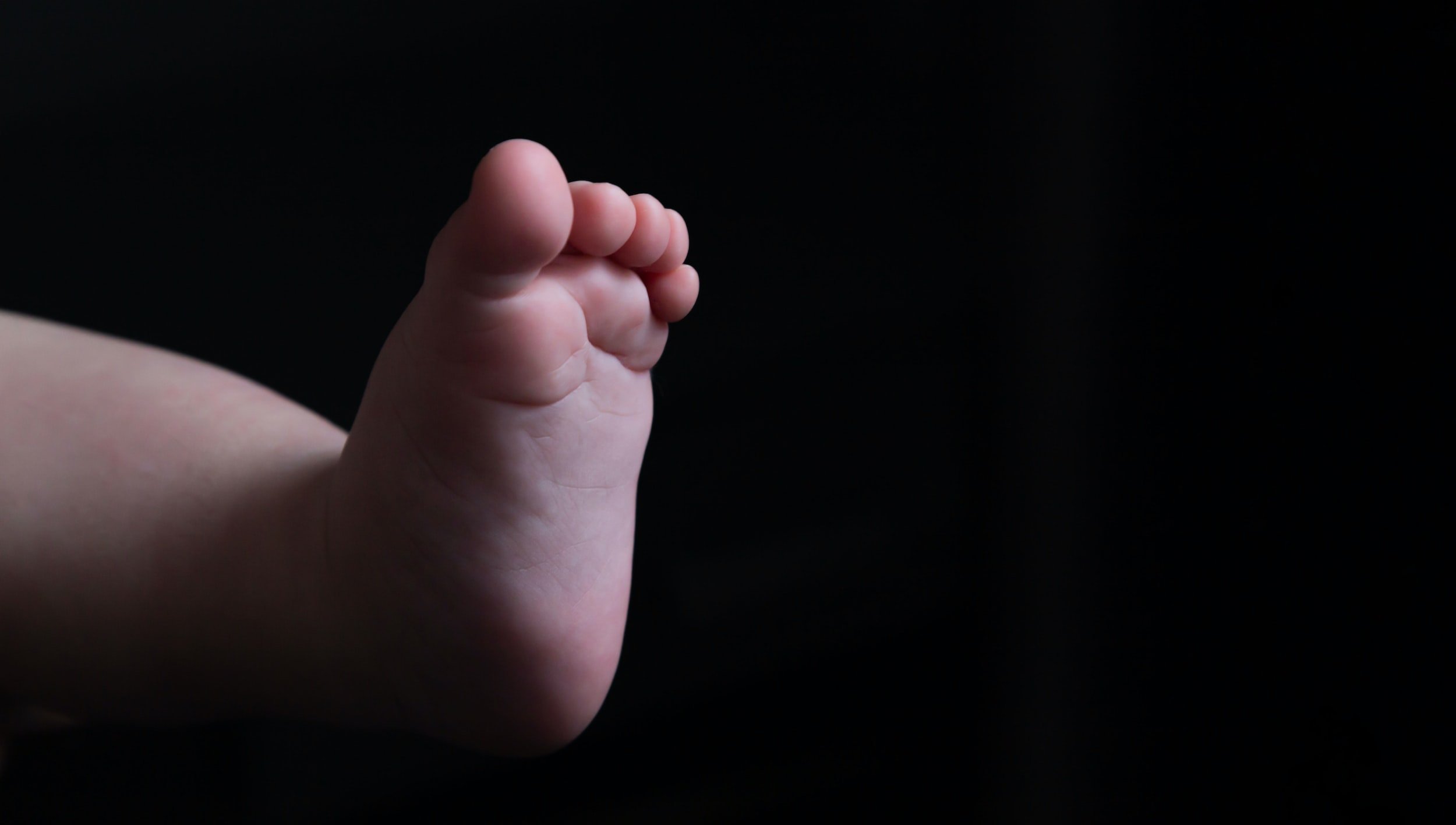
Home Birth
Ivy is beautiful. Soft flawless skin and straight chestnut brown hair. Thin veins lace translucent eyelids and fall into the delicate fan of her eyelashes. Through the double door, just outside the room, her father waits, sheathed in a white Tyvek suit, a surgical hat, and mask.

Somewhere New
The double decker train hurdles past a concrete industrial complex of loading docks, metal chutes, piles of gravel, and rusting steel containers. Brightly scrawled slogans and symbols cover miles of concrete; “Authority = Tyranny, No War, Cure, PEXTR, and Race Hype.” In an instant a yellow-green patch work of fields emerges, dotted with stone farmhouses and silvered rivers. As I look out the window, I listen to Max Richter’s Songs From Before. Layered over the soundscapes are snippets of Haruki Murakami prose, and I try to place the words, but the works elude me.
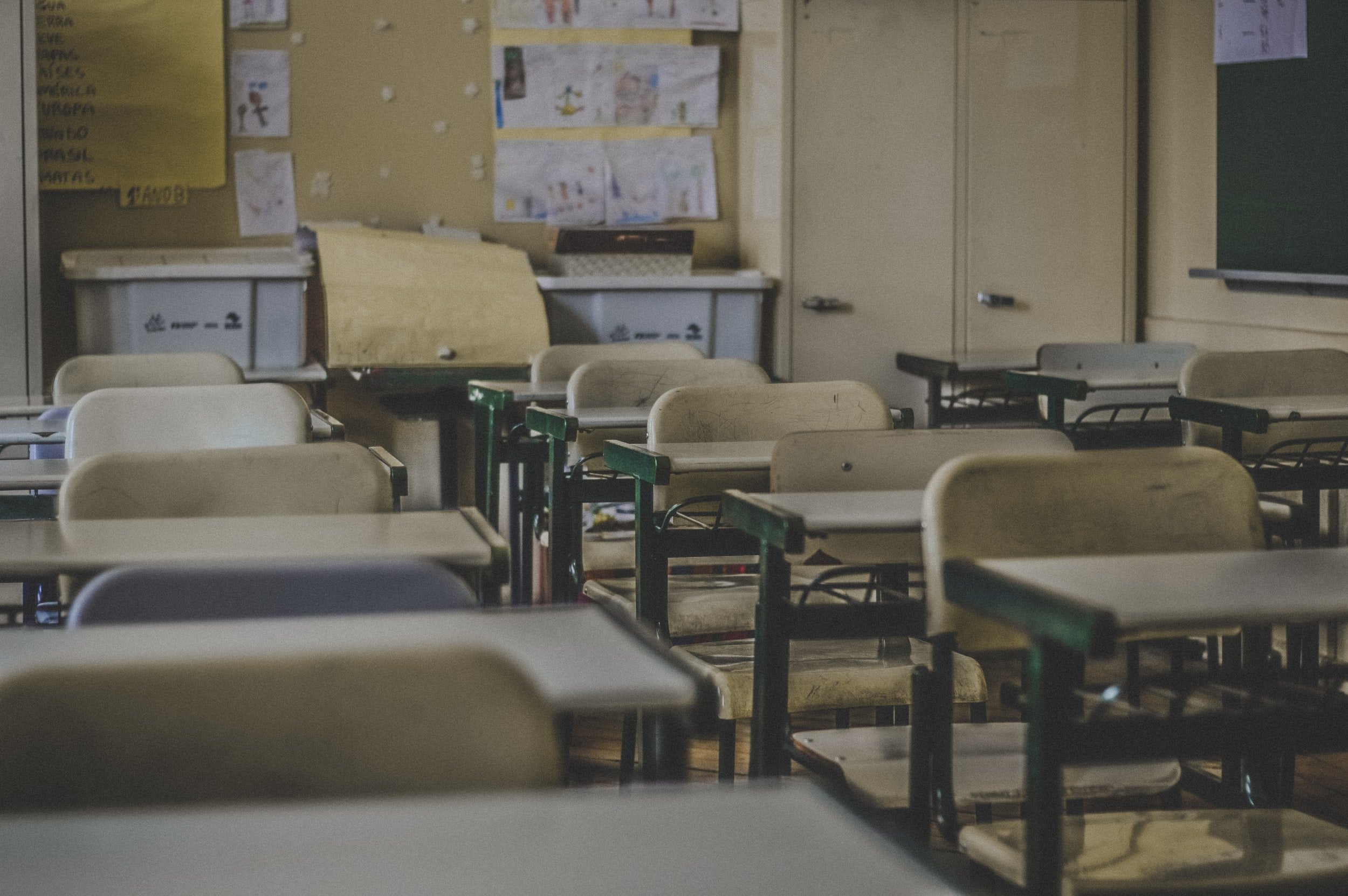
America’s Gun: Nineteen Children
We walk in silence. There is nothing to say. I am amazed by how numb I feel. Nineteen parents. All I can feel is a heaviness against my body. I am helpless. Helpless against 20 million assault rifles1. Helpless against bullets that eviscerate the bones and organs of small children2. Helpless against the National Rifle Association’s millions of dollars3.
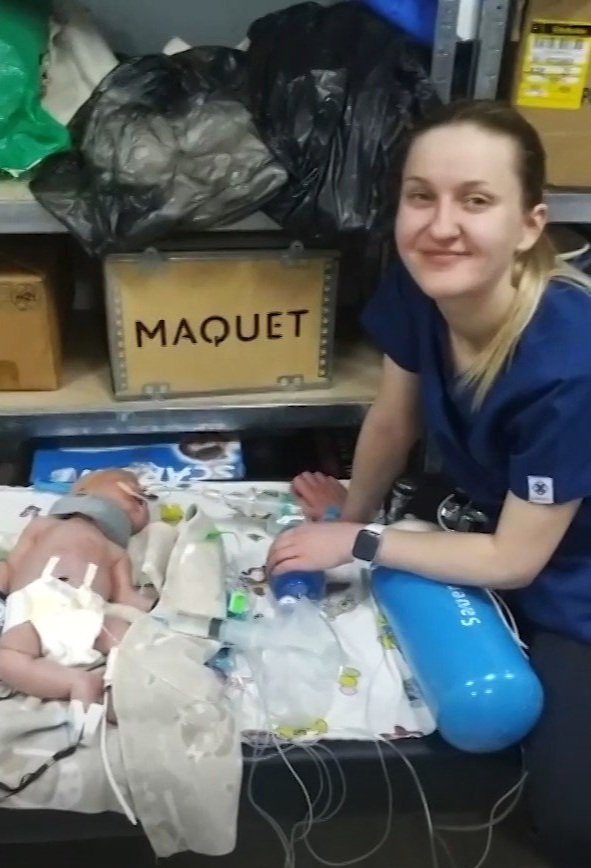
Hospital Basement: Dninpro, Eastern Ukraine
She crouches beside a low cot over a cement floor. Behind her are metal shelves stacked with boxes and equipment. Her hair falls over a navy-blue scrub top, and her forearm rests on a blue oxygen tank. Every few seconds she patiently squeezes a self-inflating bag and when she looks up at the camera her expression turns from wane concentration, and she offers up a smile. Next to her, on a blanket decorated with little toy cars, lies a baby. A breathing tube is secured with tape to his cheeks and a central line runs into his umbilical cord.
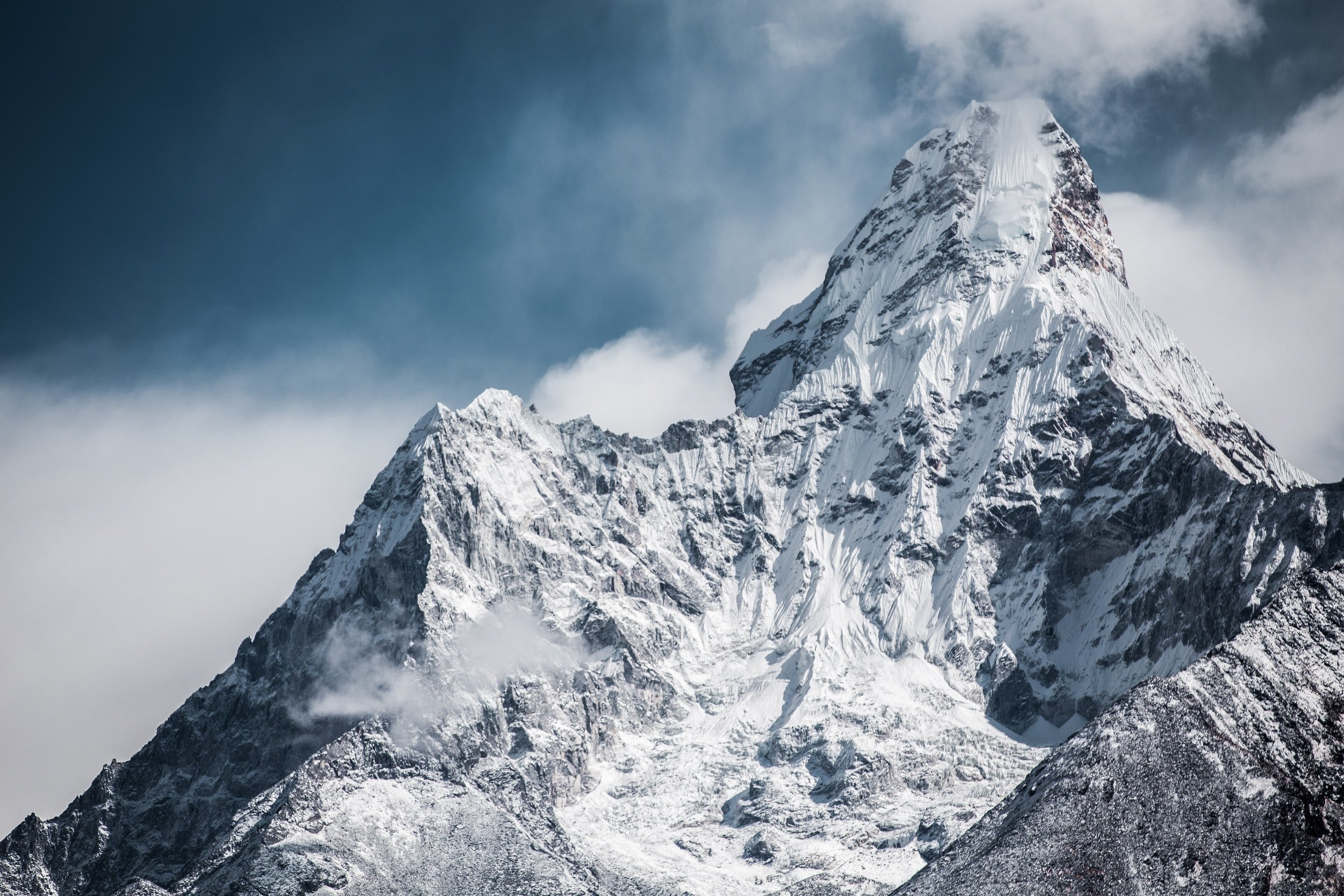
The physician and the podcast interview
As I plug in the microphone and check the link, I imagine them on the mountain, kicking frozen boots into the night ice as the wind explodes over the ridge and rifles through the down of their parkas. I imagine the anemic glow of Jeff’s headlamp against the expanse of the Himalayas and Erik bending into the incline as he follows the nylon rope; he can hear the sharp tinker of ice crystals and the way the sound plunges into the void on either side.

Two Drops
In the early evening, I stand in the grocery store checkout line. A young mother in front of me presses a pig-tailed toddler against her hip as she rummages for her credit card, and a man with silvered hair and a monogrammed shirt shifts impatiently behind me. As I watch the toddler, I’m hit with a twinge of nostalgia. I think of how I used to pull my daughter’s hair into uneven pigtails, of how they framed her two-toothed grin. I’d give anything to go back, for just one day, to when she was that age—to feel her small body wriggle against me and hear her emphatic voice.

Slipping Beneath An Indigo Sea (reflections on the ICU)
I’ve read every published work by Dr. Rana Awdish: her scholarly articles, narrative medicine essays, and her book, In Shock. Each piece causes a small ache in me. I long to share her ability to view medicine through a different paradigm and to capture, with lyrical beauty and poignant reckoning, the failures of our healthcare system to extend kindness, empathy, and humanity to both caregivers and patients. Her writing is shaped by her experiences – almost bleeding out on the surgical table from a ruptured liver adenoma, the loss of her baby, and her harrowing recovery as a patient in her own ICU.
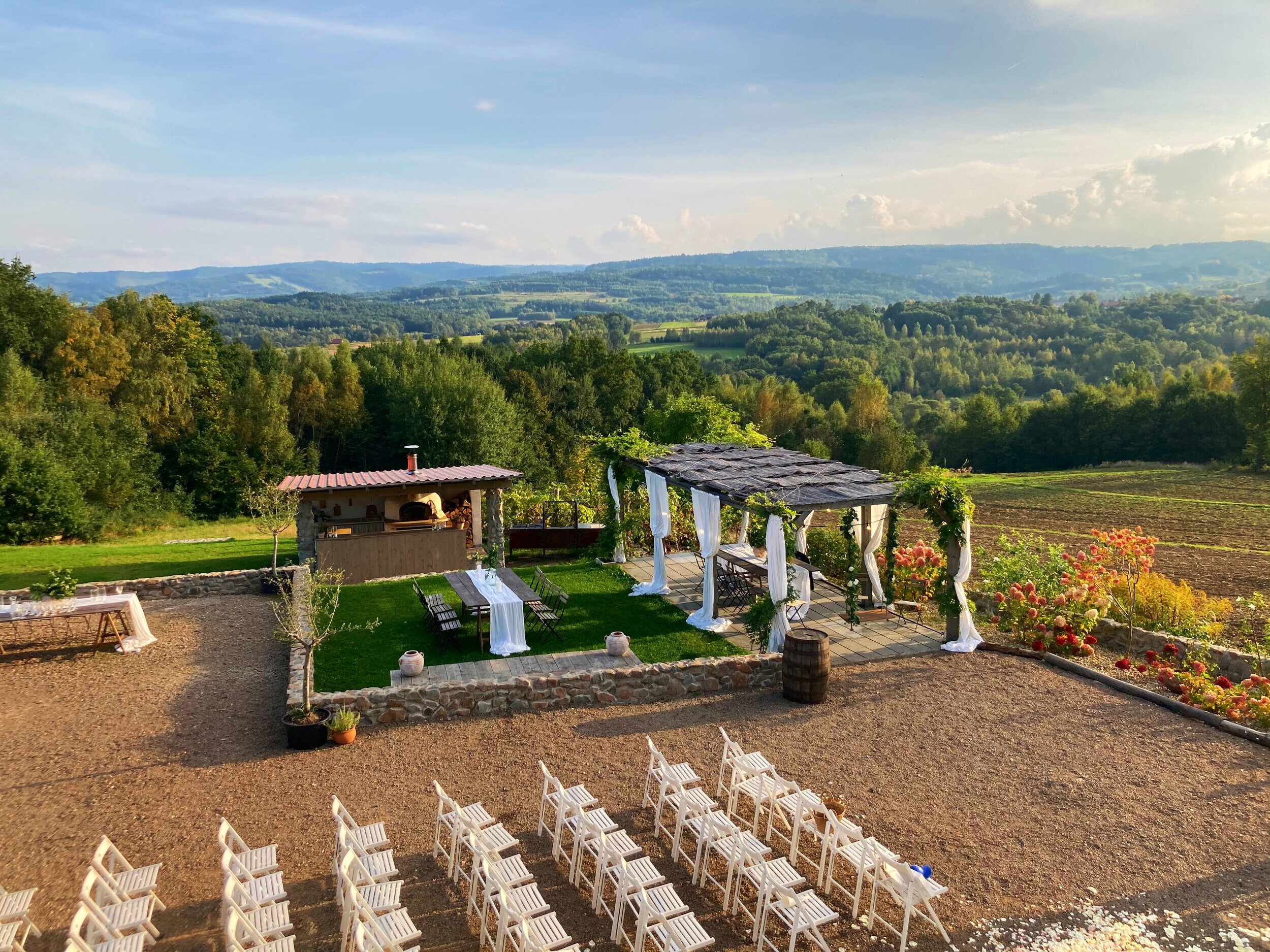
Call It Magic
We sit in rows along a garden terrace. White rose petals carpet the gravel aisle, and the sun’s glow stretches across a cornflower blue sky. Grapefruit-colored rhododendrons line a low stone wall, a farm table sits under a trellis of vines, and below us a patchwork of woods and fields plunge into the distance.

Generosity
On a Sunday evening in late summer, my wife and I follow the curve of a two-lane highway. A trailer hauling a used fridge for our garage jolts and lurches against the hitch behind us as the road leads us into a molten sun suspended over a hazed horizon. In the gloaming, everything seems to shed light, the dry corn stalks in their rows, the clumps of horses bent low over the grass; the brown sheen of their coats ripples in the light. A flock of airborne geese glides in loose formation over the tobacco fields.
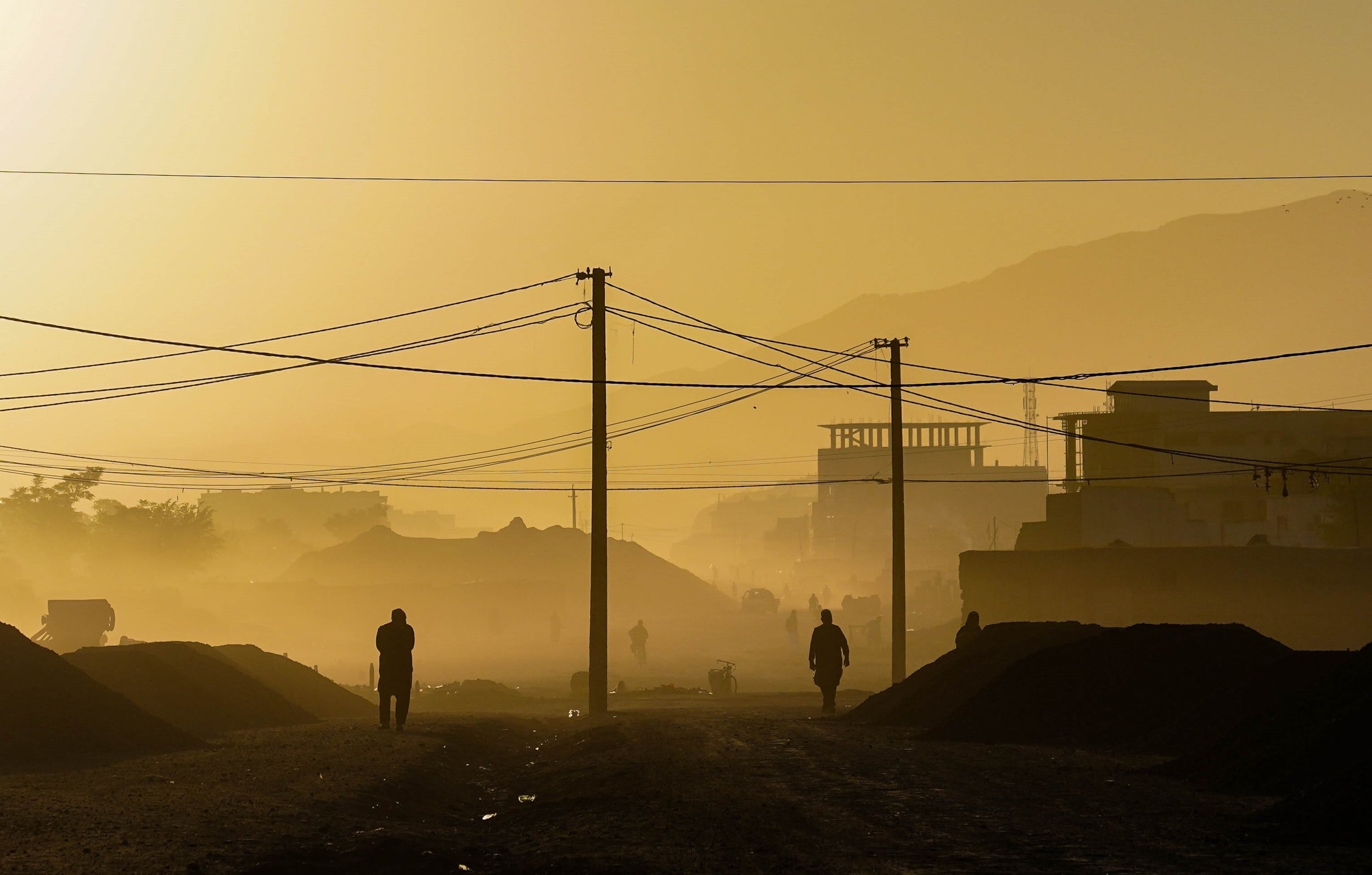
24 Hours in August
1:45 PM. I’m walking past the waiting room annex when I hear the wall mounted TV announcer. Bomb blasts struck the perimeter of Kabul's Hamid Karzai International Airport. The news comes after days of people flooding the gates of the airport, crowding the runways, and clinging to the outside of planes. The desperation and fear and confusion are palpable, even all these miles away. Husbands, fathers, wives, mothers, brothers, sisters. People will be left behind in a vortex of retribution, retaliation, and violence as IS-K and the Taliban vie for control.
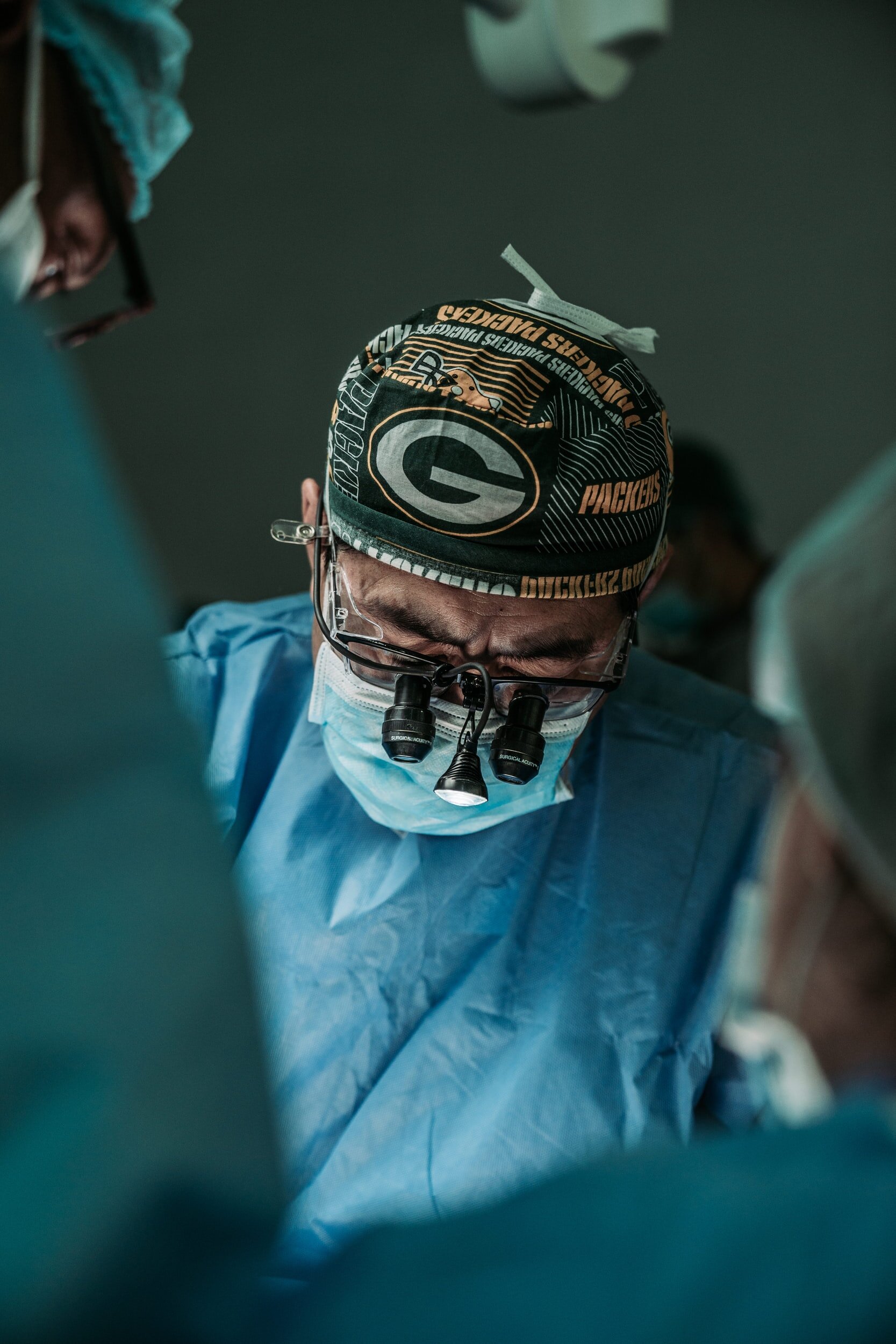
1.5 Million
As I stand in front of the bathroom mirror the words on my T-shirt catch my eye. “Yoda Best Dad Ever”. The T-shirt is new. My kids got it for me for Father's Day in honor of the terrible Yoda impression I do to make them laugh. Suddenly, I think about 1.5 million dollars, and the weight of it is like sandbags on my chest. The price of a life.
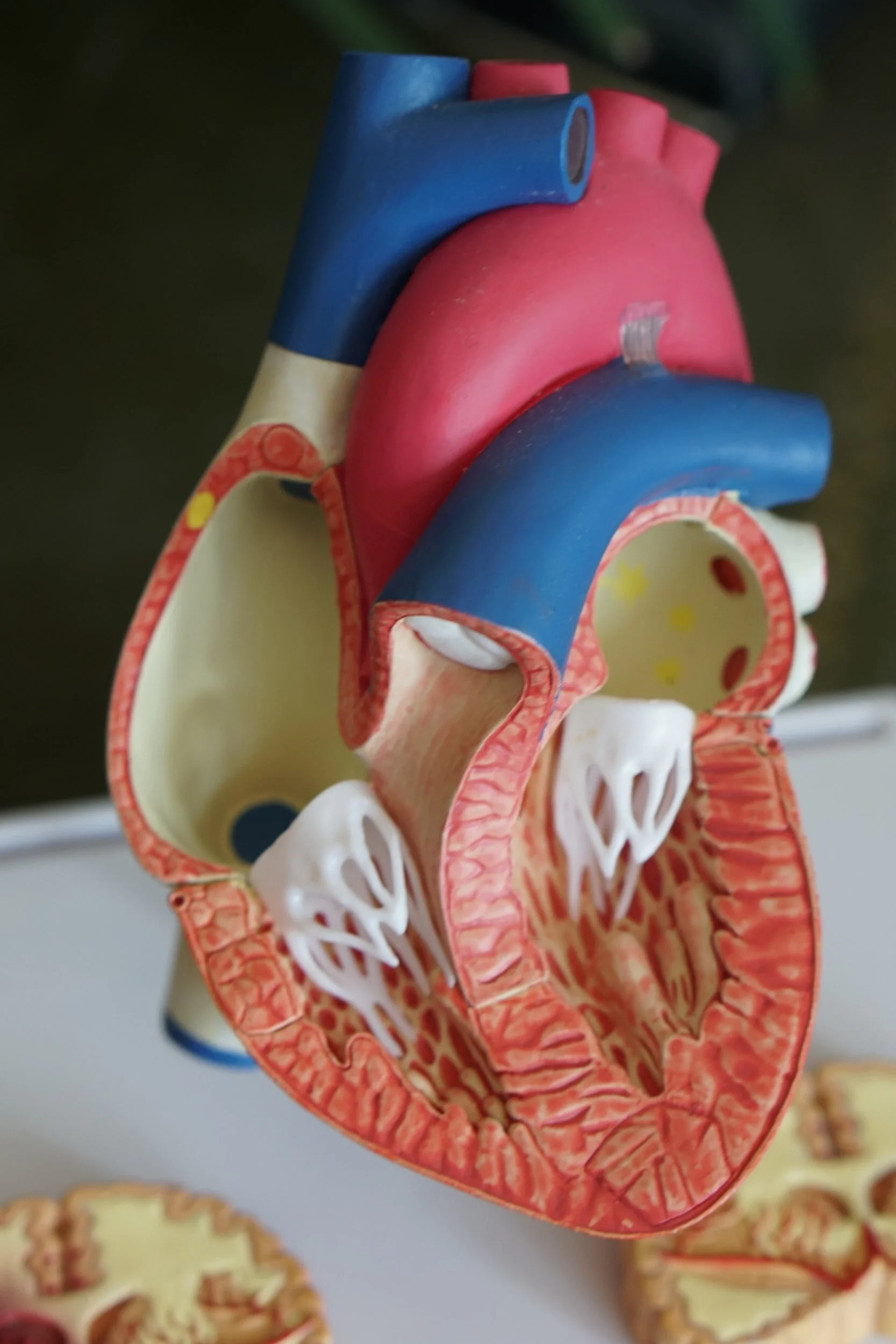
Parallel Charting
She is fourteen minutes old when they wheel her from the operating room into the neonatal intensive care unit. Straight black-hair, chocolate brown irises so dark they swallow her pupils; her cheeks are full and fat. She lies nestled on a pink and blue unisex blanket, while one nurse affixes sticky electrodes under each clavicle and another arranges IV supplies on a metal cart. She doesn’t move at all except the see-saw rocking of her chest as her stomach pulls in and her chest expands.
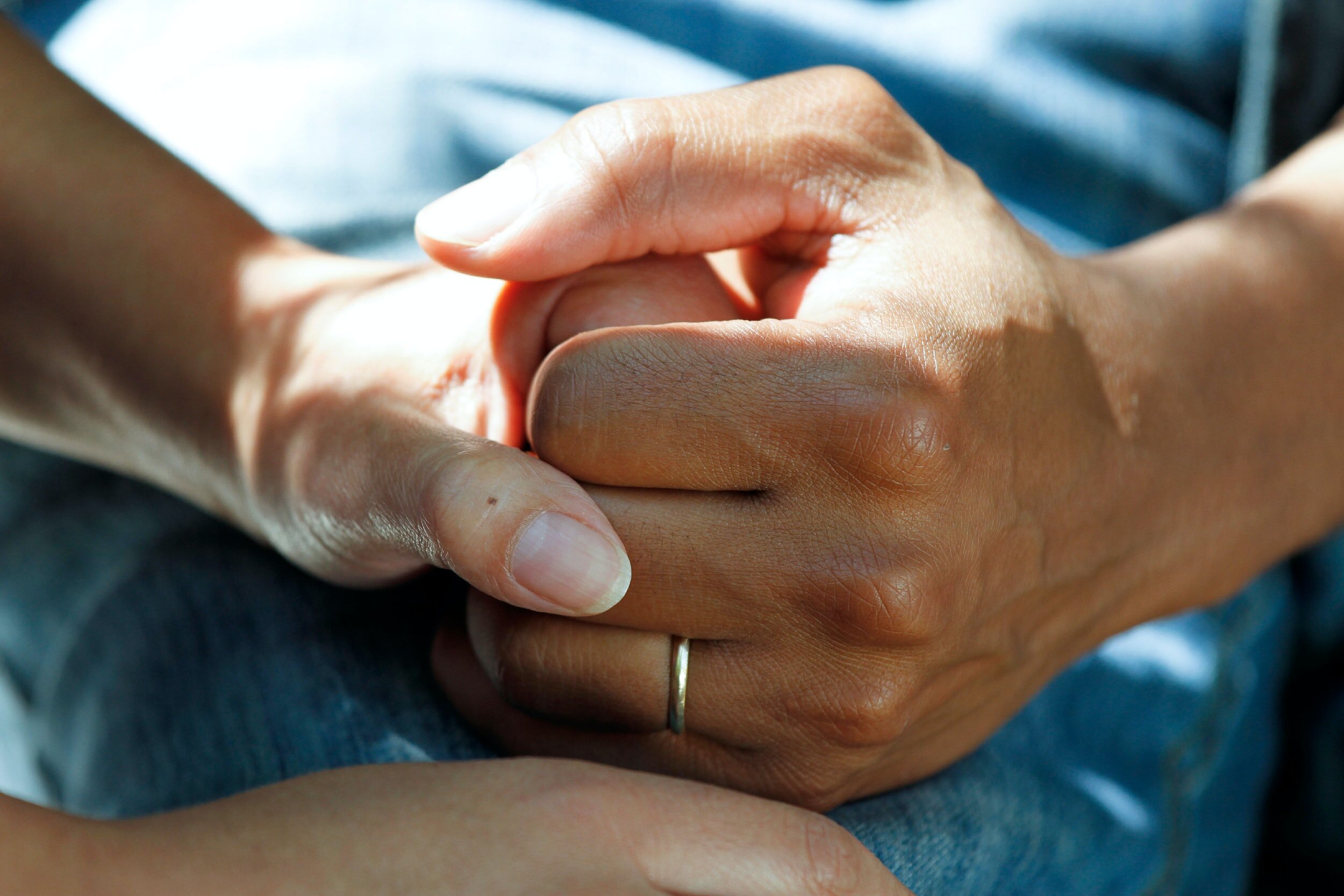
Go Left to Go Right
… the perception that doctors are not the same as other people—we are expected to handle tragedy without showing emotion, without harboring grief. Detachment is an unspoken rule engrained during training, an ethos. I’ve coded a baby in the ER and less than five minutes after pronouncing death walked into the next exam room to see another patient. But those feelings must, at some point, be given room to breathe. The failure to do so is all around us—substance abuse, suicide, failed marriages, burnout, and early retirement.
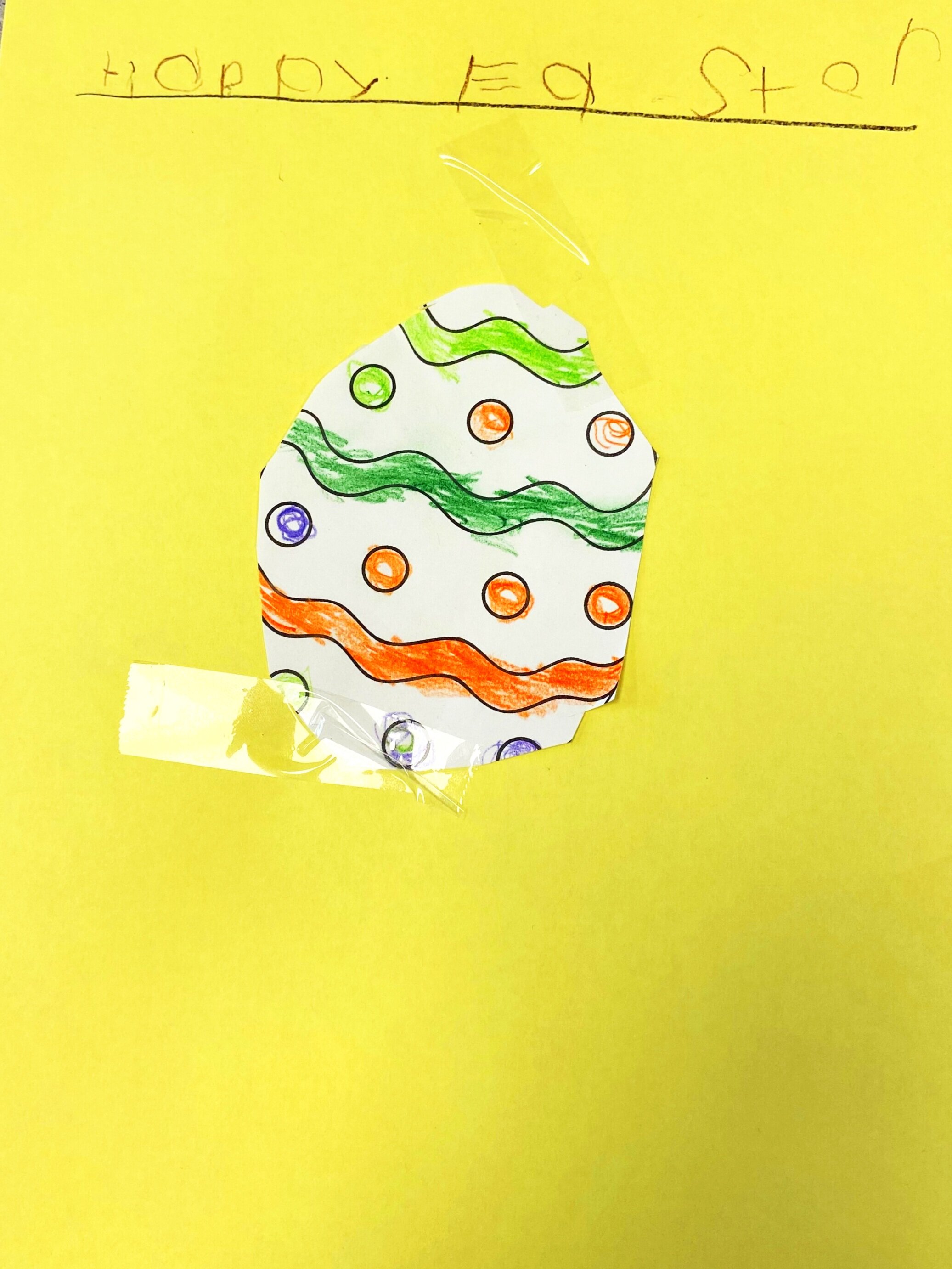
Easter Day
Easter day: a pewter sea, white chevroned wave caps under grey banks of stratocumulus clouds. Eddies of sand swirl across the beach. I sit with my wife, wearing jeans and a fleece while my youngest daughter buries my son in the sand and my oldest daughter dances into the wind, twirling and leaping on the massive stage.
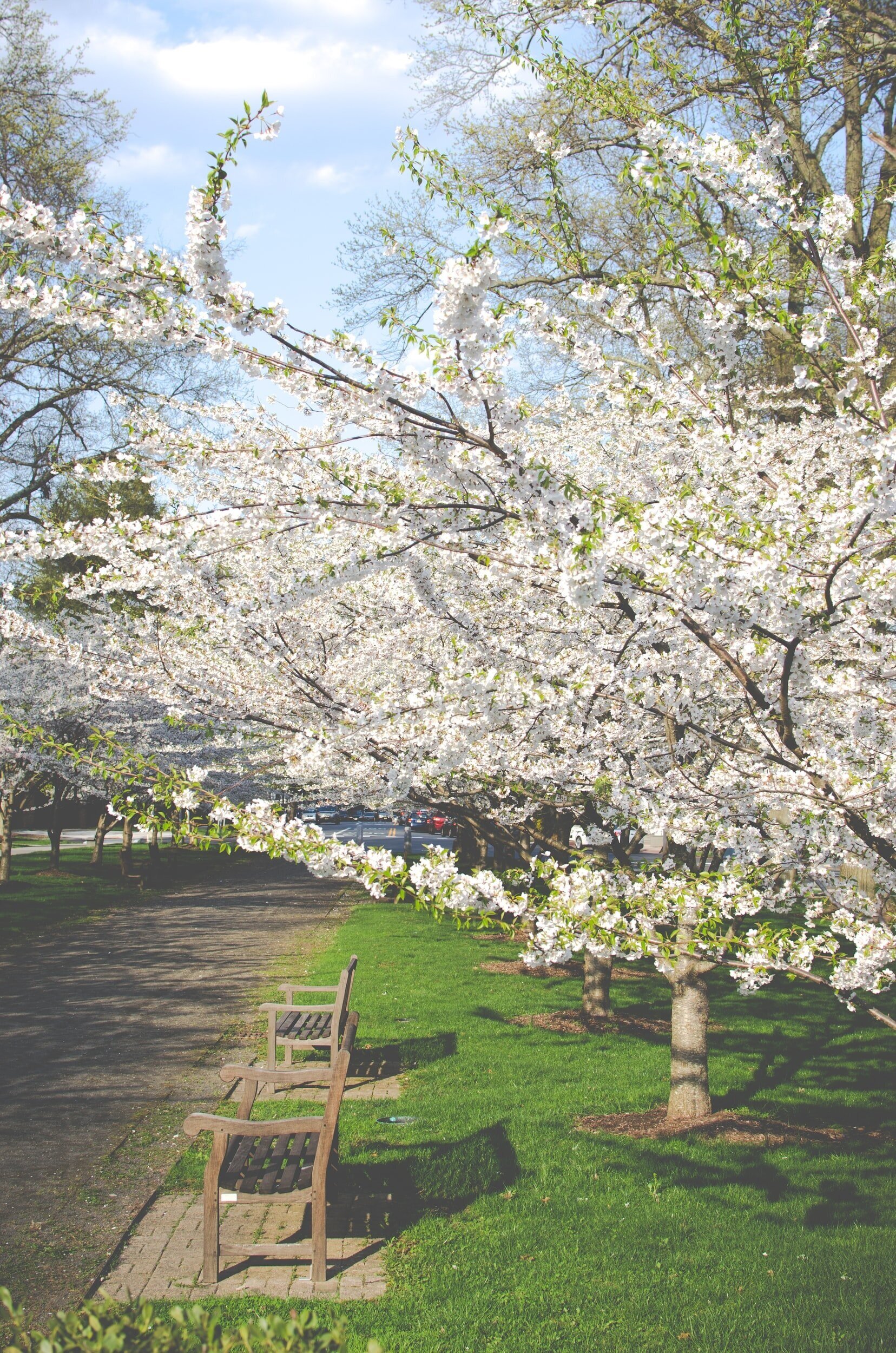
The Encounter
The radiologist calls at 4:30 PM. I gaze out the third story window. The sky is sapphire, and threads of cloud ride the troposphere; I watch as a father carries an empty car seat into the hospital. The radiologist’s voice is apologetic, and I can hear the hint of a South African accent. She wants to break it to me softly. But I already know. The images stare at me from my computer screen—the white lakes of ventricles filled with blood, the ugly smudges of venous infarction overlaying both sides of the cerebrum.
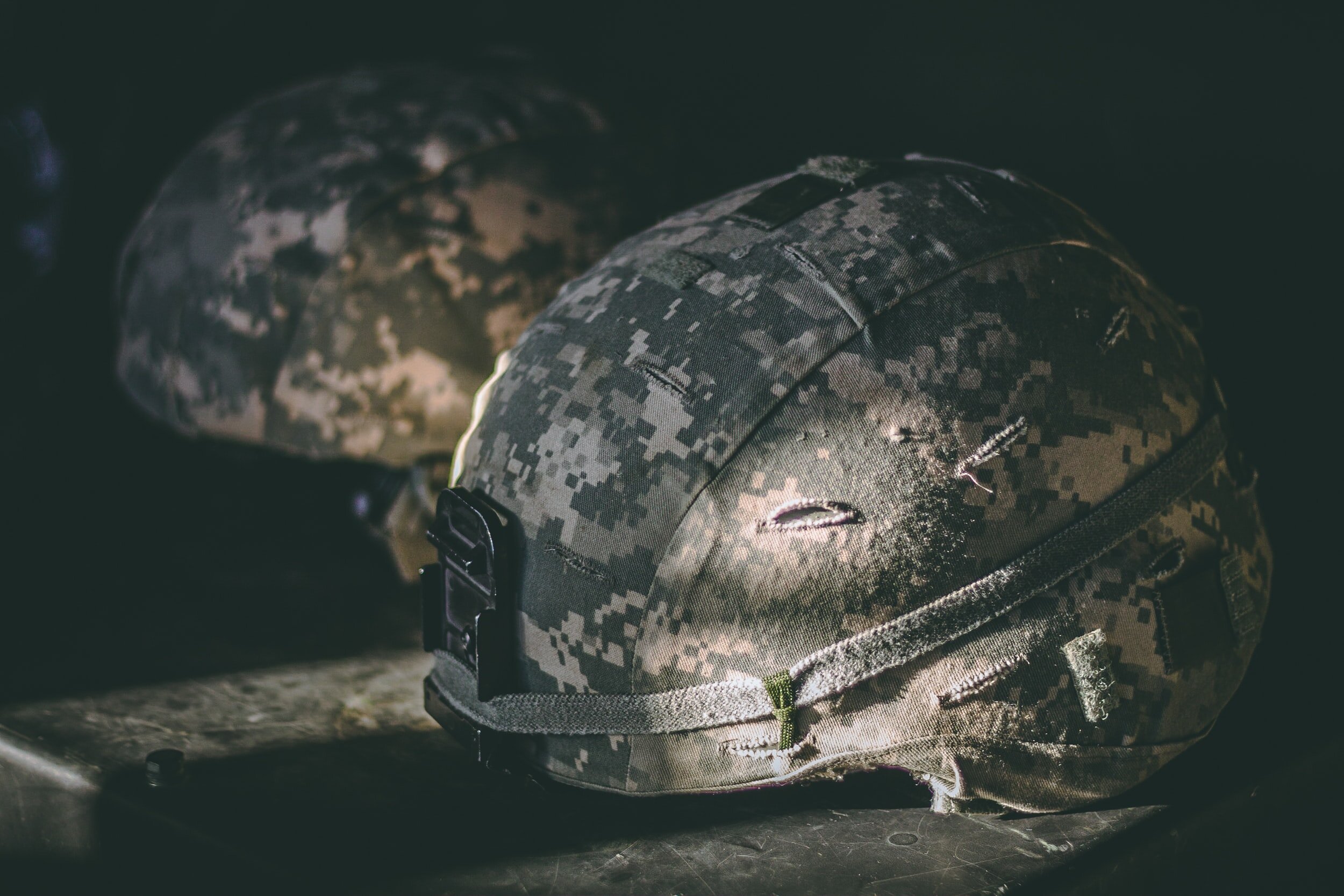
Seven Thousand Miles
The mother lies on her back, her arms strapped to the cross of the operating room table, shivering uncontrollably. The operating room is swashed in artificial light that sheens off the white walls, the frames of the stainless-steel cabinets and the glass casings. The monitor bleeps out her heartbeat, and every second a drop of fluid falls from the IV bag into the reservoir that feeds the tubing. Rusty iodine trickles in tributaries down her protuberant abdomen.
She is alone, girlish with strands of black hair spilling out from the blue surgical hat onto her neck, her skin light brown and unblemished. She blinks her matted eyelashes and I can see the hint of terracotta hue on her waxy lips. I can’t help but wonder how it is that she is alone? Where is the father and where are her parents, siblings, or friends?

The Power of Narrative
On a street in Ethiopia a woman pulls herself forward, one elbow grips the dust then the other. Cars careen by spitting black fumes and people hurry past. She could vanish from the street, and no one would notice. Her elbows are callused and fissures of sweat weave down her grime coated face. Her legs, thin and emaciated, drag behind her.

On Noticing
It’s one of the things I love about writing, the way it forces me into the present. Because I must notice the details, remember the way things look and feel and sound. Because the moments happen all around me every day and later with the cursor blinking black, black on the white page I will try to set the images to words.